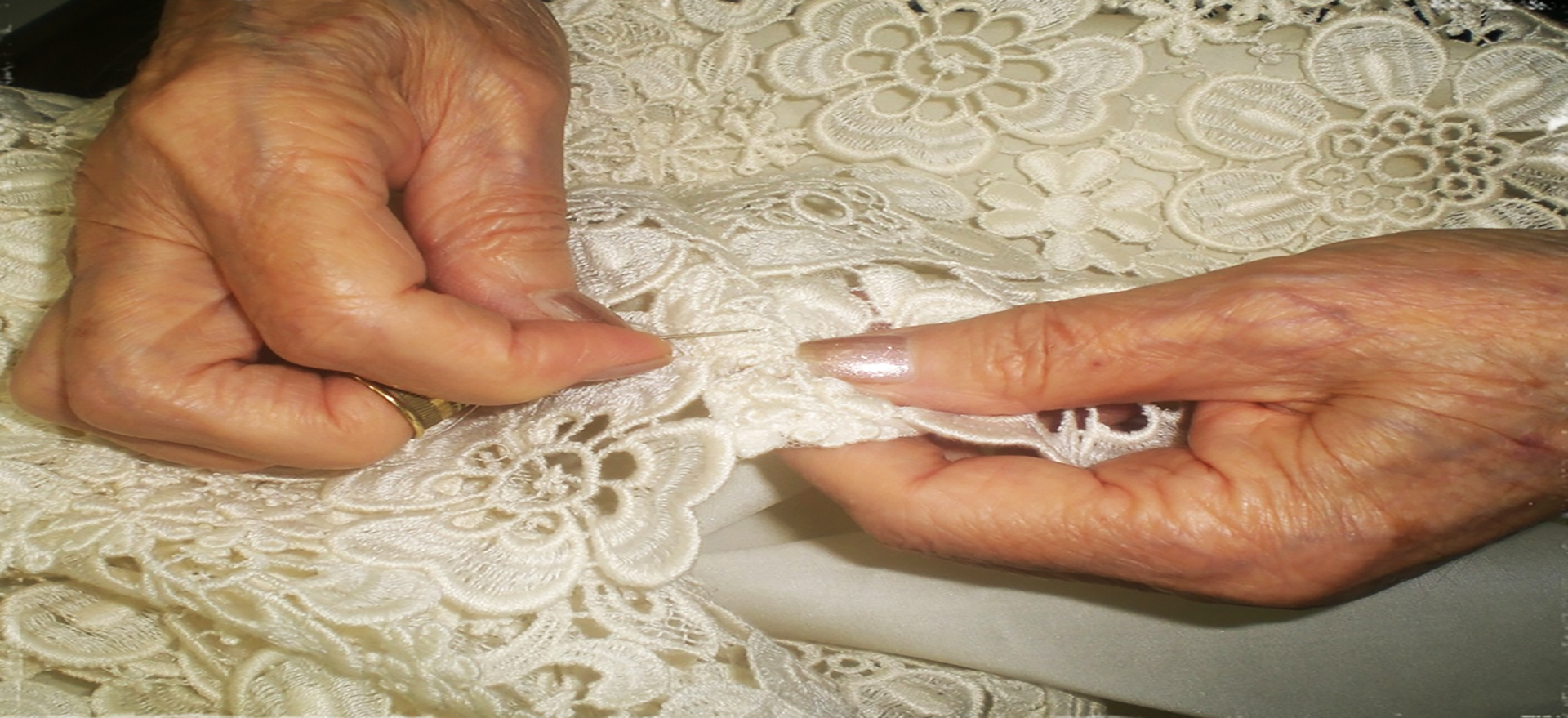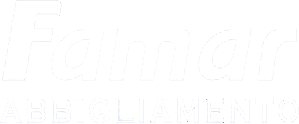

The company today
The second generation of FAMAR has made an innovative contribution to the company and has put it a step ahead. That step has turned FAMAR into an extremely high profile services company. The company today boasts a production facility of 6000 m2 in total, a fully automated cutting department and the latest technology as far as both fashion sector specific technology and I.T. technology are concerned. Our customers can count on a company structure which can offer them:
1) industrialisation of the product through the comprehensive management of a collection. From the sketch to the definition of the base size, from pattern grading to preparation of the size chart, from the bill of materials to industrialising the product. This is all done following a dynamic partnership style approach in solving any technical problems with designers;
2) comprehensive management of a collection from the purchase of raw materials to suppliers of accessory processes. FAMAR can sew and prepare the garments ready to be shipped to points of sale boxed and bagged.
Marco Benini
